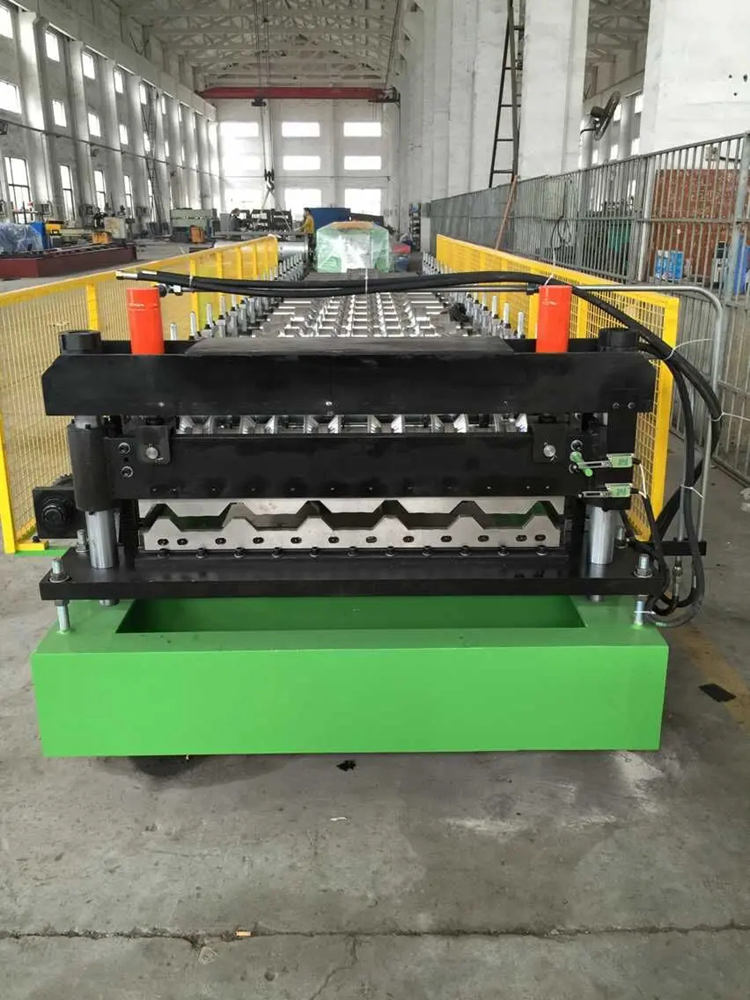
The Importance of Grain Storage Roll Forming Machines
Grain storage is a crucial aspect of agriculture and food supply management, ensuring that harvested produce can be preserved and stored effectively. Among the various technologies that facilitate proper grain storage, grain storage roll forming machines play a pivotal role. These machines are designed to create steel structures, such as silos and storage bins, which are essential for maintaining the quality and safety of grains.
Grain storage roll forming machines operate by using a series of rollers to convert flat sheets of metal into specific shapes that are necessary for construction. This process achieves high precision and uniformity, critical for building structures that can withstand the demands of grain storage. The machines can produce various profiles, allowing farmers and storage facility operators to design storage solutions that best fit their needs.
One of the primary advantages of using roll forming machines is efficiency. The continuous manufacturing process allows for high production rates while minimizing waste. Additionally, the strength of the resulting materials is essential, as grain silos must be robust enough to handle large quantities of grains without compromising structural integrity. The rolled steel components produced through these machines are resistant to corrosion, ensuring durability and longevity in storing grains.

Another significant benefit of grain storage roll forming machines is their ability to produce custom designs. Different grains have varying storage requirements based on factors such as temperature, humidity, and the specific type of grain. Roll forming machines enable manufacturers to create tailor-made storage solutions that optimize these conditions, preserving the quality of the grains stored. Modern machines often integrate advanced technology, such as computer-aided design (CAD) software, which allows operators to visualize and modify designs quickly.
Moreover, investing in grain storage roll forming machines can be cost-effective in the long run. Although the initial investment may be substantial, the efficiency and durability of the structures they produce often lead to lower maintenance costs and reduced need for frequent repairs. Furthermore, better storage solutions result in less waste due to spoilage, ultimately increasing profits for grain producers.
In conclusion, grain storage roll forming machines are indispensable tools in the agricultural sector. They contribute significantly to the efficient storage and preservation of grains, ensuring that farmers can manage their produce effectively. As the demand for food continues to rise, the relevance of these machines is expected to grow, playing a vital role in enhancing food security worldwide.